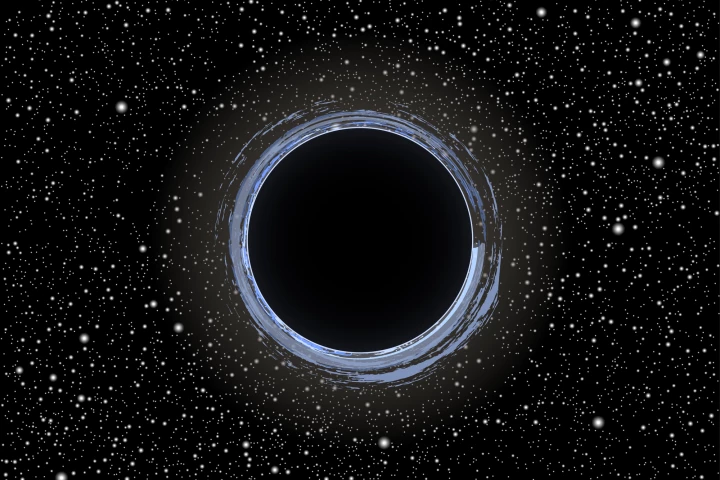University of Alabama
-
Despite a century of searching, dark matter remains a no-show. A new paper proposes an alternative hypothesis, showing how gravity could exist without mass and produce many of the same effects we ascribe to dark matter.
-
Scientists have demonstrated that genetically edited pig kidneys transplanted into a human can continue to function for at least a week, with no sign of rejection. The breakthrough case study could help reduce organ waitlists and resulting deaths.
-
Everyone is familiar with sunken treasure on the ocean floor. Now, researchers may have found an ancient ocean floor that is itself a type of geological buried treasure. What's more, it has mountains that are five times taller than Everest.
-
Obesity is linked to several comorbidities, including musculoskeletal disorders. A recent study examined how time-restricted feeding in overweight fruit flies affected the factors underlying obesity’s effects on metabolism and muscle function.
-
Astronomers may have discovered a monster black hole that’s one of the closest to Earth known. With a mass equivalent to 12 Suns, the black hole was found to be quietly lurking “practically in our backyard,” according to the team.
-
Pulmonary fibrosis is a lung condition involving excessive scarring that affects patients’ breathing, and currently can’t be cured. But now, scientists have found a way to reverse the condition in mice, using a drug already available for other uses.
-
Although we may all get a dry mouth from time to time, for some people it can be an ongoing debilitating condition. There could be new hope for such folks, however, thanks to a recent accidental discovery.
-
Crohn’s disease is an inflammatory bowel condition triggered by an overactive immune system. Now researchers have developed a new kind of immunotherapy for Crohn’s that delivers a “triple punch” by tweaking the responses of different immune cells.
-
For years research has detected a correlation between depression and risk of stroke. A new study is offering more evidence of the link, presenting data from a research project investigating whether race factors into the depression/stroke relationship.
-
A new study has strengthened ties between Parkinson's disease and the gut, identifying a type of overabundant pathogen in Parkinson’s disease patients that opens up new lines of enquiry in understanding the root causes of the condition.
-
Scientists are working on a new process to produce a pair of radioisotopes of the element scandium (Sc).
-
Growing meat in the lab from cultured cells is a promising technology, and now a team of food scientists has developed a new method for spinning starchy structures that could hold a steak together. Stranger still, this device is made of Lego.
Load More











